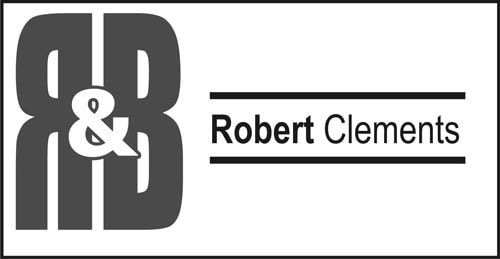Whenever I’m called to speak at a Rotary meeting, I am fasci nated by the Four Way Test, which Rotarians repeat together at the start. The Rotary Four-Way Test is a guiding principle for ethical decision-making, developed by Herbert J. Taylor in 1932. Here’s its story: Herbert J. Taylor, a prominent businessman, faced a significant challenge in 1932. His company, Club Aluminum, was struggling financially due to the Great Depression.
Taylor decided to revive the business while maintaining ethical standards and developed the Four-Way Test to guide his decision-making and ensure the company’s actions aligned with moral principles. The test consists of four simple questions: 1. Is it the truth? 2. Is it fair to all concerned? 3. Will it build goodwill and better friendships? 4. Will it be beneficial to all concerned?
Employees were encouraged to apply these principles in their daily work, leading to: Improved relationships with customers and suppliers. Increased trust and loyalty. Enhanced reputation and eventually full financial recovery
In 1943, Rotary International adopted the Four-Way Test as its official guiding principle. Today, it remains a cornerstone of Rotary’s values, promoting ethical decision-making and service to others.
As I think about Herbert Taylor, deciding to honour ethical principles instead of profits, I remember the story of the prophet Elijah in the Bible, in 1 Kings 17:10-16, ‘who when he came to the town gate, saw a widow there gathering sticks. He called to her and asked, “Would you bring me a little water in a jar so I may have a drink?” As she was going to get it, he called, “And bring me, please, a piece of bread.”
“As surely as the Lord your God lives,” she replied, “I don’t have any bread—only a handful of flour in a jar and a little olive oil in a jug. I am gathering a few sticks to take home and make a meal for myself and my son, that we may eat it—and die.”Elijah said to her, “Don’t be afraid. Go home and do as you have said. But first make a small loaf of bread for me from what you have and bring it to me, and then make something for yourself and your son. For this is what the Lord, the God of Israel, says: ‘The jar of flour will not be used up and the jug of oil will not run dry until the day the Lord sends rain on the land.’”
She went away and did as Elijah had told her. She first made Elijah’s food, which must have used up all her resources. But by doing so, there was food every day for Elijah, and for the woman and her family. For the jar of flour was not used up and the jug of oil did not run dry, in keeping with the word of the Lord spoken by Elijah.
Put God and ethics first and your jug of oil as the widow and Herbert J. Taylor found will never run dry…!
—bobsbanter @gmail.com










